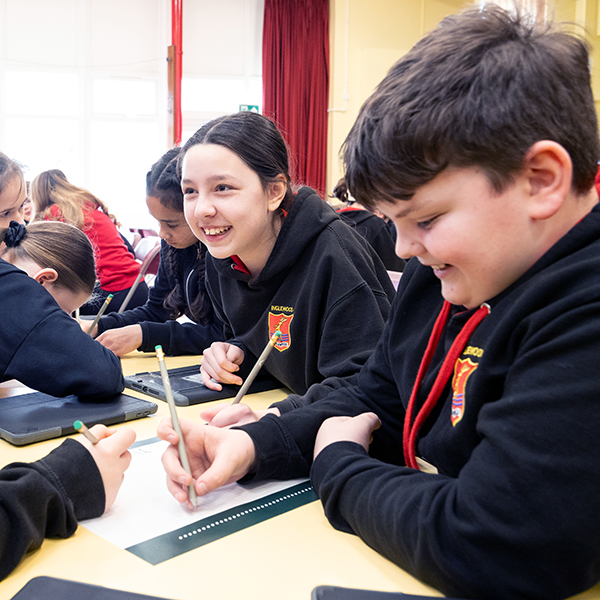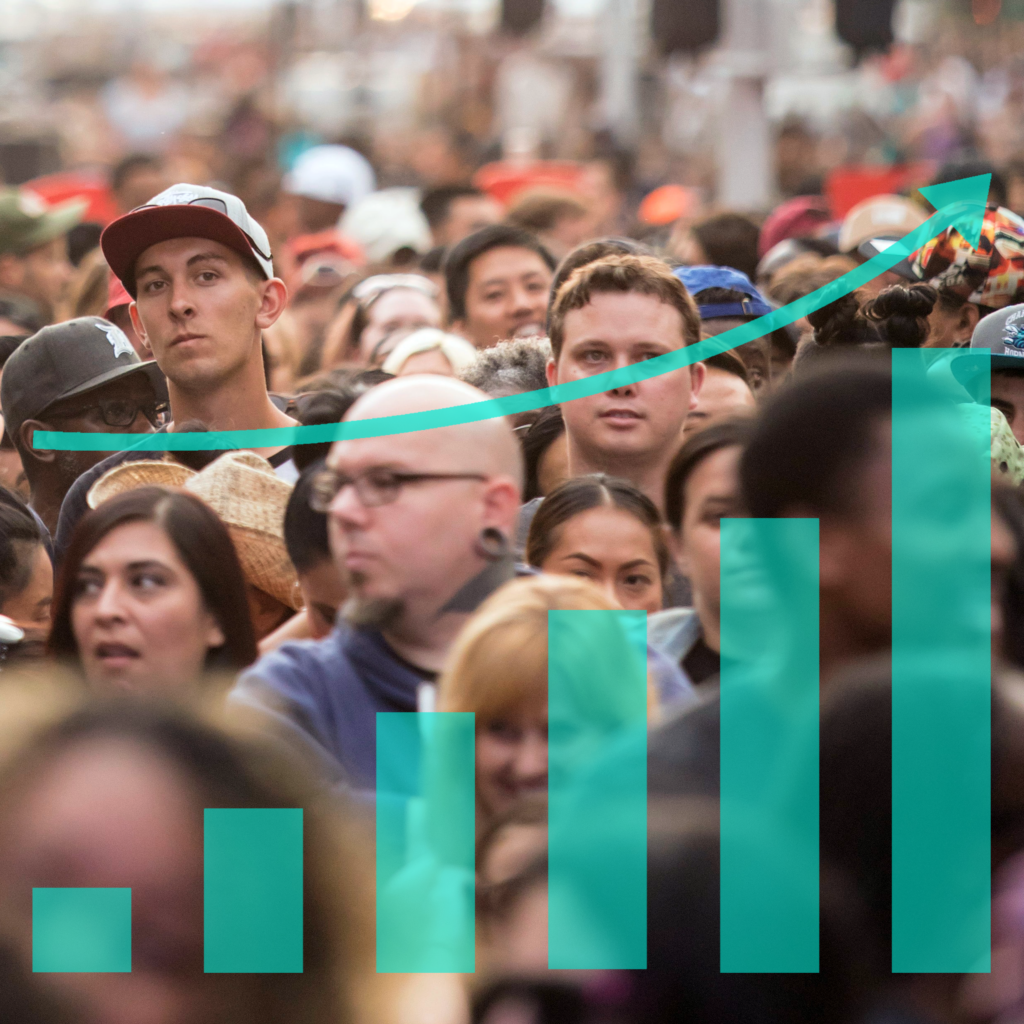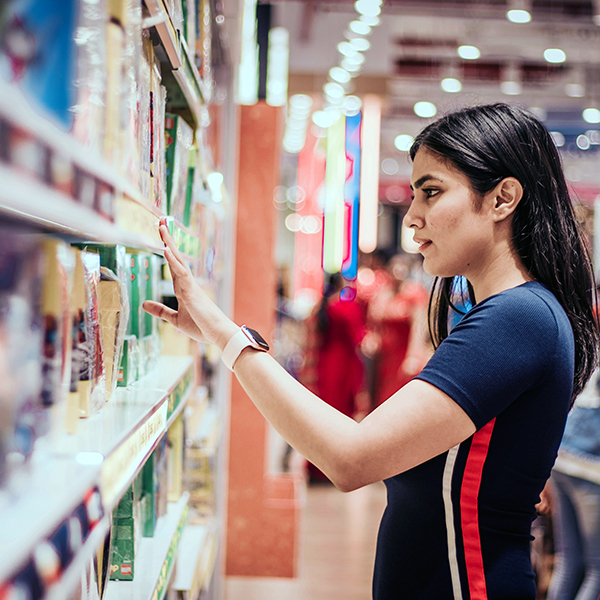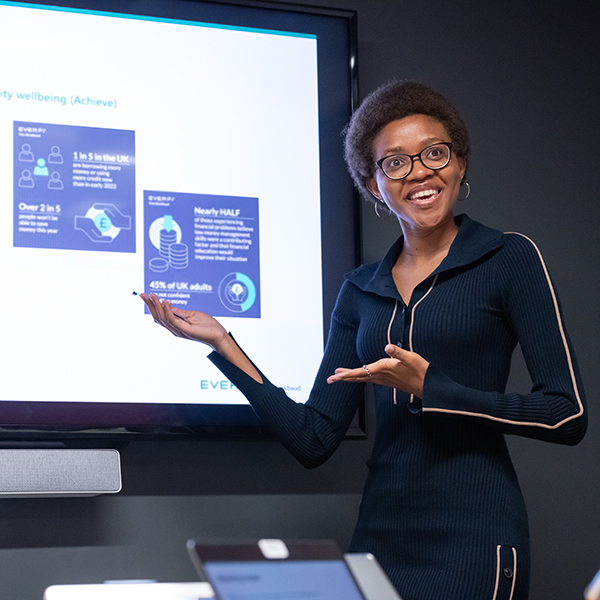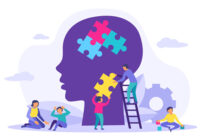The COVID-19 pandemic has taken an incredible toll not just on physical health but on the collective mental health of our world. Across the globe, we have seen both an increase in individuals experiencing challenges and an increase in awareness and dialogue around it.
When thinking about young people, the events of the past year-and-a-half have amplified mental health challenges and access to mental health services at a time when mental health challenges among adolescents had been trending upward for years. And in September of 2020, over 50% of 11 to 17-year-olds reported thoughts of suicide or self-harm.
To discuss the topic of global mental health, we were recently joined by three brilliant and thoughtful speakers. Each of them comes from a different area of the world and brings a unique perspective to the conversation around mental health:
- Laura Horne from Active Minds
- Hayley Quinn from Burnley FC in the Community
- Dr. Tim Rogers from Togetherall
Here’s what we learned:
Young adults are ready to embrace and understand mental health more than any generation before them.
The pandemic revealed that young adults know more about mental health than we think, likely because they’ve grown up dealing with more stress and anxiety over world events and have had to deal with how that affects their daily mental health. They have also been fortunate enough to grow up in a society where the topic of mental health and it’s importance is becoming an area of focus for celebrities, schools, athletes, and the media in general.
Today’s young people are ready to push for resources and advocate for mental wellness. We need to get creative and encourage them to reinforce their positive mental health beliefs in the systems surrounding them – family and friend groups, schools, and workplaces.
Self-care has never been more important
When the world shut down amidst the COVID-19 pandemic, self-care became a top priority for many of us. We started making time for things that would help our mental health, be that engaging in a virtual chat with friends or family members, meditating, or going for a walk.
The importance of self-care has even become global news. Recently, two-time Grand Slam tennis champion, Naomi Osaka, withdrew from playing the French Open. She explained in a statement that she was “feeling vulnerable and anxious” and “thought it was better to exercise self-care and skip the press conferences.” And more recently, Olympic gold-medalist gymnast, Simone Biles, made headlines when she, too, prioritised her mental health amidst the Olympic games. For many more people, the past year and a half has highlighted the importance of mental health and the fact that it is something worth prioritising– regardless of if you are an “everyday person” or an elite-level athlete.
To quote Dr. Tim Rogers, “I hope that mental health will be understood that it is something that we all have.”
Students and employees need flexibility and empathy
Another topic we covered was noticeably increased levels of flexibility and empathy from teachers, employers, and even one’s own family members, since the start of the pandemic. The change in daily activity forced many to start homeschooling, working outside of the office, as well as other day-to-day adaptations
Often mentioned as a positive that has come out of the pandemic, we need to ensure that going forward we continue to offer compassion and flexibility to our young people, who will have many things taking place outside of the classroom.
Digital wellness needs to be top of mind
Social media content and information shared online can affect our mental health in so many ways- it can create self-esteem issues, anxiety, and stress. Digital wellness is critical to help us understand how to safely navigate the internet, determine fact from fiction, and set boundaries to protect our mental health.
“When we think about our in-person, human bodies, we’re so thoughtful about where we spend our time and who we spend it with. But virtually, especially when we’re just scrolling, we have no control over who we’re spending our time with and what we’re seeing.” – Laura Horne.
Surprisingly, a global pandemic and mental health share something very poignant in common: neither are predictable. A change in our mental health can occur at any time. Therefore we all need to take time to look inwards and understand what types of things we can do to promote positive mental health– a skill that will serve us well both in good times and in challenging ones.
EVERFI’s free online course, Ignition, allows pupils to immerse themselves into different ways of understanding mental wellbeing. Ignition introduces students to modern digital health concepts such as digital emotional intelligence, digital dependency, online privacy, and evaluating content for accuracy and perspective.


